9th Circuit to Hear En Banc Oral Argument on Important Washington Asbestos Case
/
There has been an important development on the asbestos litigation front in the Ninth Circuit. The Ninth Circuit Court of Appeals has set an en banc oral argument on a matter where a Ninth Circuit panel had previously reversed the trial court and remanded for a new trial. The matter is Henry Barabin, et al. v. Asten-Johnsen and Scapa Dryer Fabrics, Inc.
I provide some background to put this development into proper context. The plaintiff was diagnosed with mesothelioma in 2006 and claimed that he was exposed to asbestos products during the 30 plus years he worked at the Crown Zellerbach paper mill in Washington. The trial court originally excluded one of the plaintiff's experts, but after the expert's credentials had been supplemented, the court reversed its original ruling and allowed the expert to testify. The jury found for the plaintiff and rendered a verdict for $10.2 million.
At issue is the basis for the expert to be able to opine whether "any exposure" to asbestos is sufficient to cause mesothelioma. This type of testimony has long been permitted by the courts, but has recently come under attack. But the testimony isn't as troubling as those who seek to exclude it often contend. Any exposure to asbestos contributes to the totality of exposures, which together lead to mesothelioma. It's not much different than saying that any pollutant dumped into a lake by a polluter causes the lake to be contaminated. You can't separate the pollutants, but you can say that each together caused the lake to be polluted.
On appeal, the panel for the Ninth Circuit concluded that the lower court had not considered all of the Daubert factors to allow for this kind of "any exposure" testimony. Rather than remand the matter to the trial court for determination of the Daubert factors, the Ninth Circuit panel reversed and remanded for a new jury trial. In a concurring opinion, two of the circuit judges suggested that a reversal was not the correct approach. Instead, they opined, the matters should be remanded to the trial court to make a new Daubert determination before reaching the conclusion that a new trial is in order. If the expert meets the Daubert factors, there won't be a need to put on an entire trial again. In other words, trust the trial court.
The issue at oral argument may boil down to how strictly the Ninth Circuit believes it must adhere to the principle articulated in Mukhtar v. California State University, 299 F.3d 1053 (9th Cir. 2002), amended by 319 F.3d 1073 (9th Cir. 2003). Strict adherence to Mukhtar could mean that the matter cannot be remanded to the trial court for a complete determination as to the reliability of the expert out of concerns that the court might succumb to "post-hoc rationalization." In Barabin, two of the concurring circuit judges argued that the Mukhtar rule is incorrect and that we routinely trust district courts to assess their earlier judgments in disputes where more is on the line than a money award.
One can speculate that the en banc oral argument was not granted to merely rubber stampthe existing decision. Something more is likely to occur. Indeed it is very rare for the Ninth Circuit to grant a petition for an en banc oral argument. But the subtext here is that perhaps this might not be as much of a surprise: the trial judge has an impeccable reputation and a reversal on any of his cases is equally very rare. If ever there were a judge who could be trusted by the appellate court to dutifully make a new Daubert determination, this trial judge is the poster child. And so it could be, that even in a remand the trial judge could turn water into wine. He may end up carving a new path for his fellow District Court brethren, one that does away with the skeptical view of trial judges found in Mukhtar and streamlines post-appeal proceedings for litigants.
Perhaps less likely, but possible, is that the Court of Appeals could affirm the trial court and find that the Daubert findings have been met. Again, allowing "any exposure" testimony does not ordinarily put the expert testimony on shaky ground. But we shall see.
The oral argument is set for June 25th. Plaintiffs have a crack appellate advocate as do the defendants. It has all the makings for a very interesting hearing. I hope to be able to attend.






